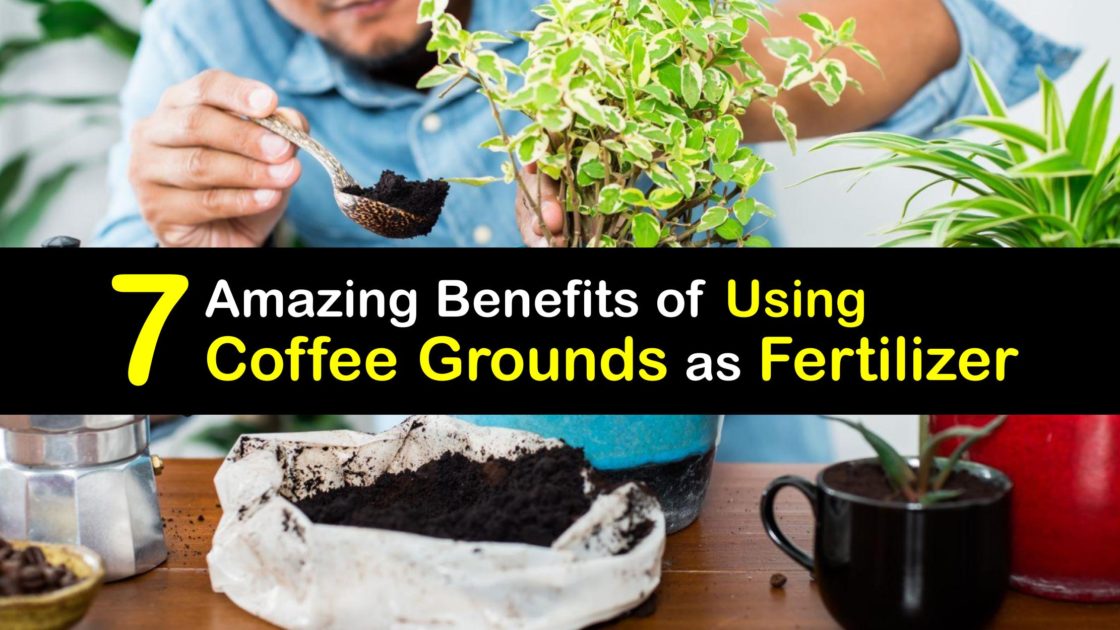How to Use Coffee Grounds as Natural Fertilizer: A Sustainable Gardening Guide

Ever wondered if your morning cup of joe could do more than just jumpstart your day? It turns out, those leftover coffee grounds can wake up your garden too! Using coffee grounds as natural fertilizer is an excellent way to reduce waste and promote sustainable gardening. Let's dive into the world of coffee composting and discover how your brew can help your plants thrive.
The Perks of Coffee Grounds: Why Use Them in Your Garden?
Coffee grounds are more than just waste; they're a treasure trove of nutrients. As they decompose, they release nitrogen, potassium, and phosphorus into the soil, all essential for plant growth. Moreover, they increase the soil's acidity, making them perfect for acid-loving plants like azaleas, hydrangeas, and blueberries. Plus, they improve soil structure by adding organic matter, enhancing drainage, and water retention. It's like giving your plants a double shot of espresso!
How to Use Coffee Grounds as Natural Fertilizer
Direct Application: Sprinkle and Grow
The simplest way to use coffee grounds as natural fertilizer is to sprinkle them directly onto your soil. Spread a thin layer around your plants, lightly raking it in. Be careful not to overdo it, as too much can inhibit plant growth. Aim for a ½-inch layer or less.

Composting: Brewing a Rich Blend
Composting with coffee grounds is an excellent way to create a nutrient-rich soil amendment. You can add them directly to your compost pile, where they'll help maintain a healthy carbon-to-nitrogen ratio. Just remember to mix them well with carbon-rich materials like leaves or straw to prevent clumping.
Vermicomposting: Worms Love Coffee Too!
If you're into vermicomposting, you'll be happy to know that worms adore coffee grounds. They'll munch on them, turning them into even richer fertilizer. Just avoid adding too much at once to prevent harming your wiggly friends.
Liquid Fertilizer: A Strong Brew for Your Plants
You can also create a liquid fertilizer using coffee grounds. Simply soak 2 cups of used grounds in 5 gallons of water for a few hours or overnight. Use this "coffee tea" to water your plants, giving them a quick nitrogen boost.
Precautions: When Coffee Is Not the Best Choice
While coffee grounds can be a gardener's best friend, they're not suitable for every situation. Fresh coffee grounds can be acidic, so avoid using them around young seedlings or plants that prefer alkaline soil. Also, steer clear of applying them directly to your soil if you have pets that might dig and ingest them.
Beyond Fertilizer: Other Garden Uses for Coffee Grounds
Pest Repellent: A Bitter Taste for Critters
Some garden pests dislike the strong smell and bitter taste of coffee. Sprinkling grounds around your plants can help deter slugs, snails, and even cats from disturbing your garden.
Mulch: A Warm Blanket for Your Soil
Coffee grounds can also act as a natural mulch, helping to suppress weeds and regulate soil temperature. Apply a thin layer on top of your soil, but be sure to monitor for mold growth, as coffee grounds can retain moisture.
Embracing Sustainable Gardening
Using coffee grounds as natural fertilizer is more than just a thrifty hack; it's a step towards sustainable gardening. By reusing waste and reducing our dependence on chemical fertilizers, we're helping to protect the environment, one cup at a time.

Conclusion: Wake Up Your Garden with Coffee
So, the next time you brew your morning coffee, don't toss those grounds. Put them to work in your garden. Your plants will thank you, and you'll be doing your part for a greener, more sustainable world. Happy gardening!
FAQs
Can I use fresh coffee grounds in my garden? Fresh coffee grounds can be more acidic than used ones. It's best to compost them first or use them sparingly around acid-loving plants.
Will coffee grounds attract pests to my garden? While coffee grounds can deter some pests, they may attract others, like fruit flies. To minimize this, avoid leaving large piles of grounds in your garden.
Can I use coffee filters in my compost? Yes, most coffee filters are compostable. Just make sure they're not bleached or made of synthetic materials.
How often should I apply coffee grounds to my garden? It depends on your soil's needs and the plants you're growing. Generally, a light application every few weeks is sufficient.
Can I use decaf coffee grounds in my garden? Yes, decaf coffee grounds have similar nutrient profiles to regular grounds and can be used in the same way.
For further reading, check out these resources:
0 Response to "How to Use Coffee Grounds as Natural Fertilizer: A Sustainable Gardening Guide"
Post a Comment